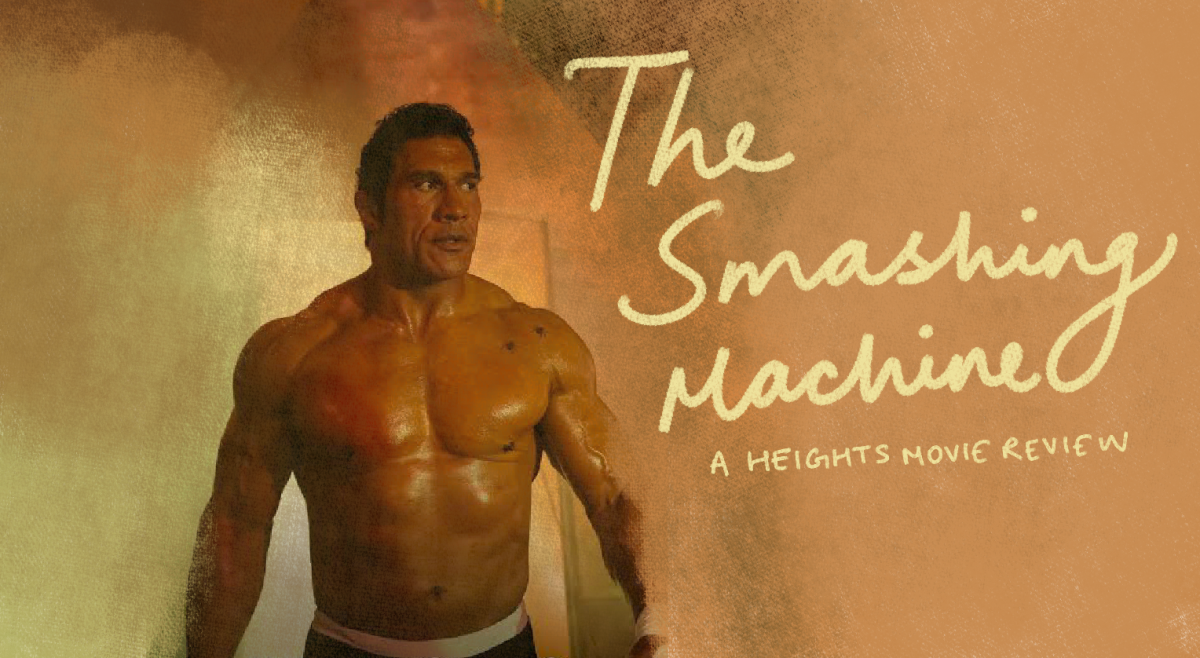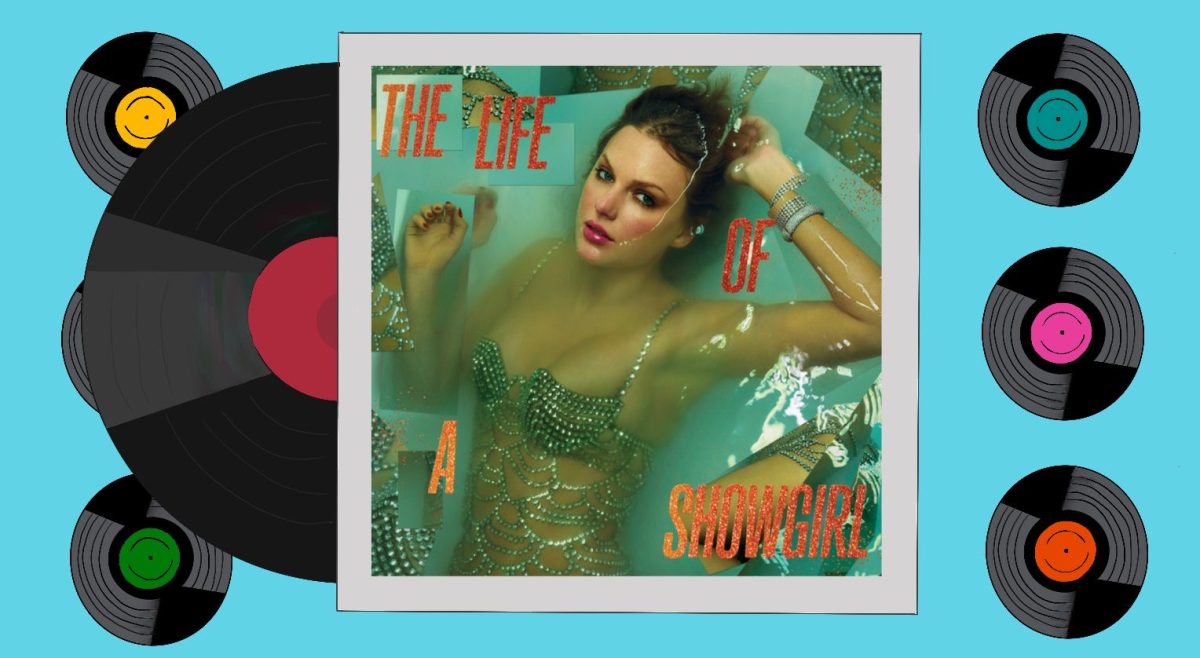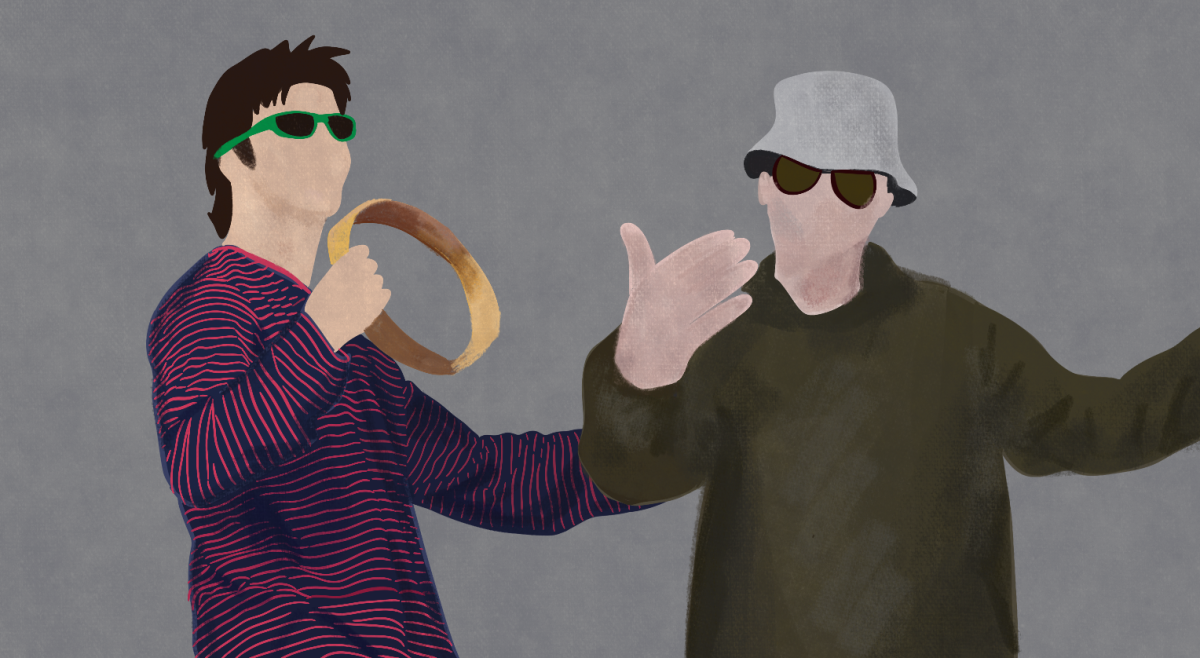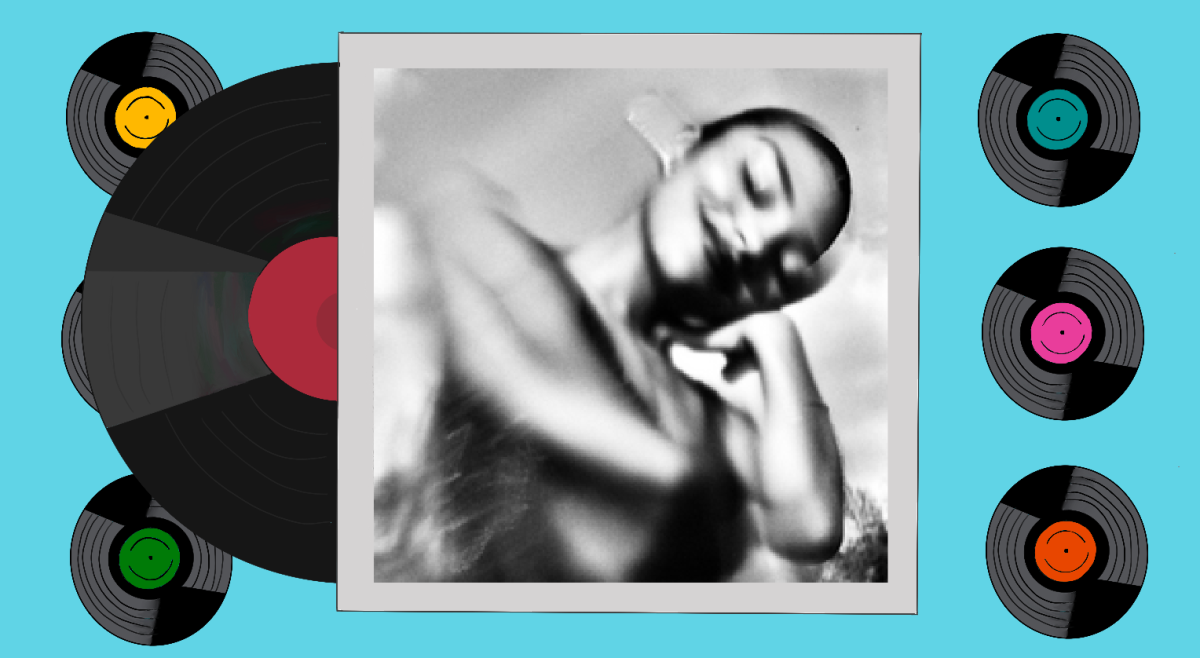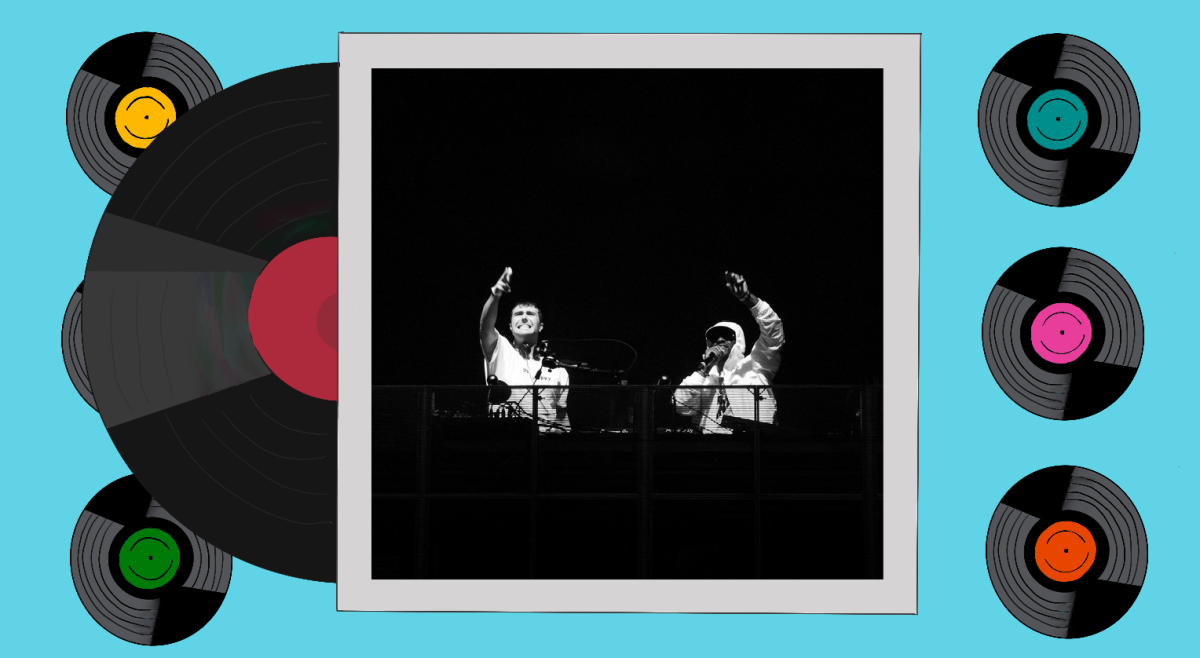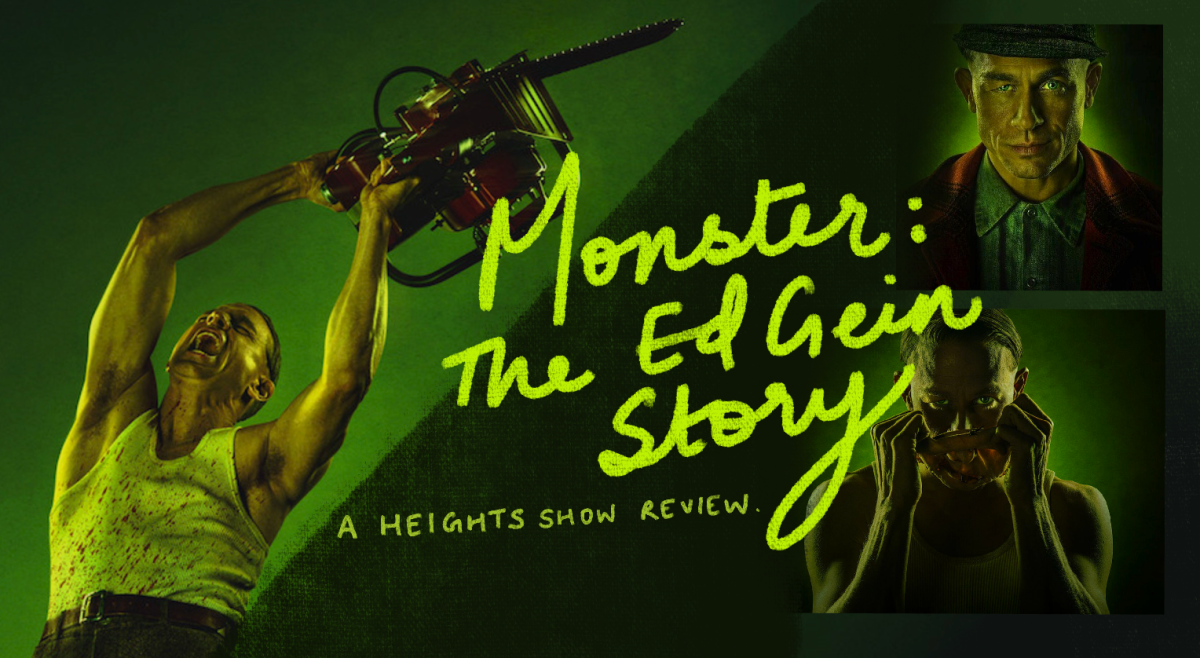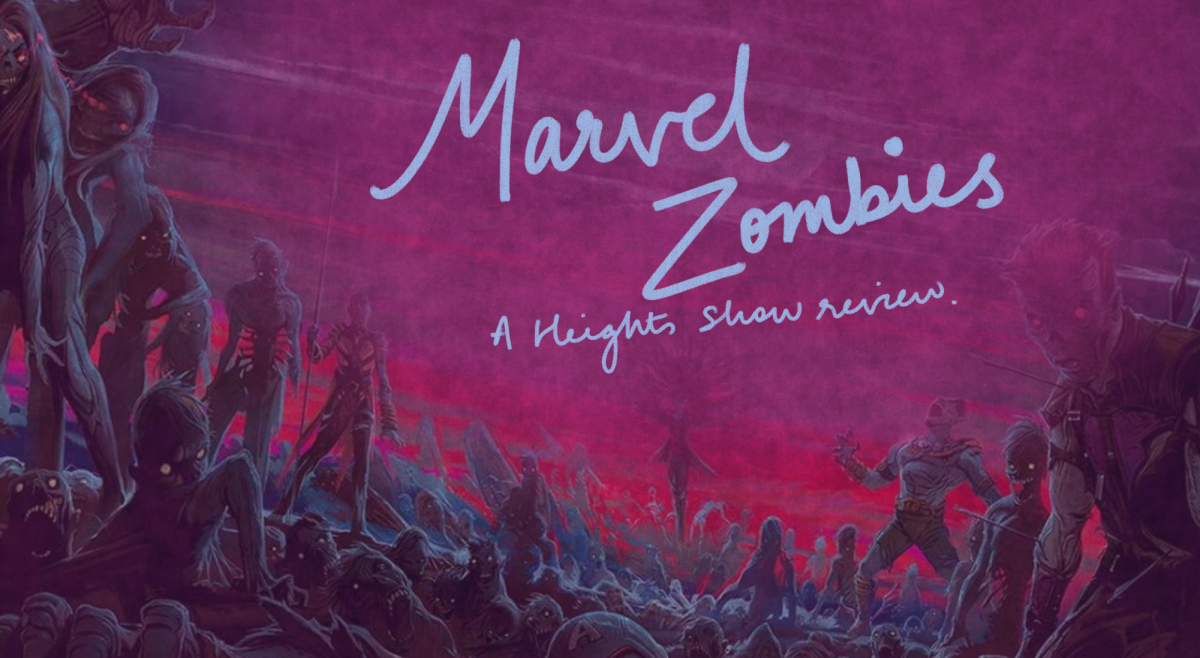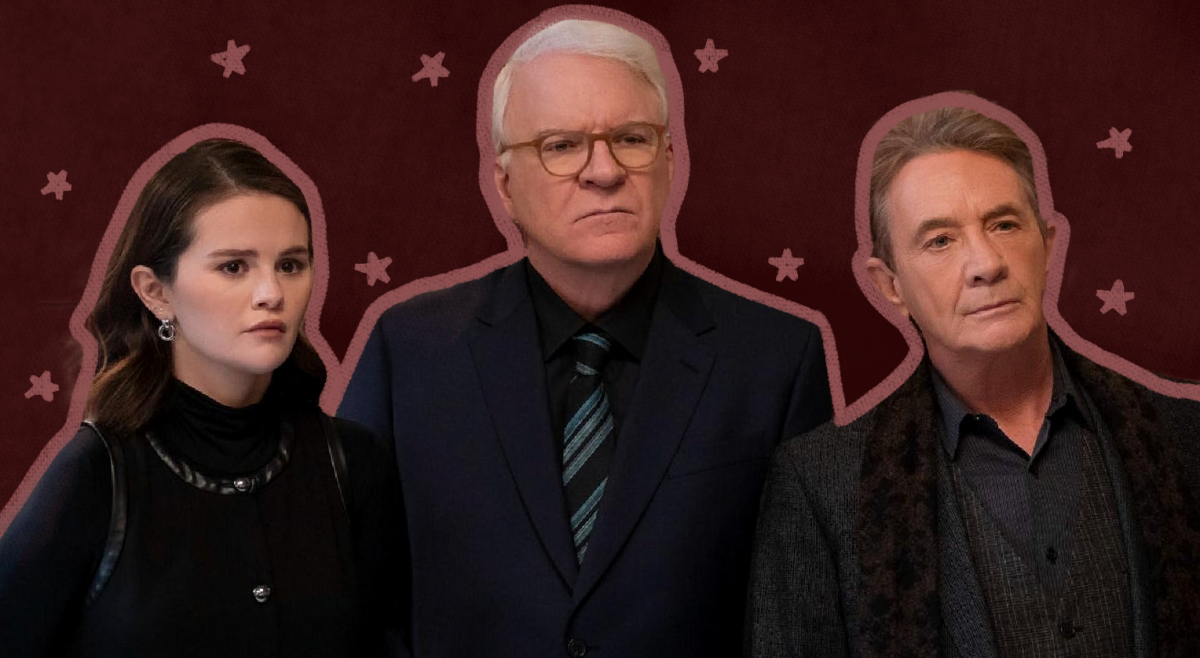![]()
The year is 1973 and the biggest band in the world is Led Zeppelin. It is so big, in fact, that the band would have you believe that its vehicle of choice is a repurposed Boeing 720. Dubbed “The Starship,” the aircraft is a potent symbol of the music industry’s golden era. Here’s a moment in time when an artist and major label could reasonably expect to rake in the millions and carve out an empire just for themselves. Grandiosity and personality are inflated to levels previously reserved for royalty and religion. For the executives behind the scenes, such idolatry results in massive cash grabs. To maintain themselves, labels have legions of A&R reps scouring for new talent just to keep the money taps flowing.
At this point, there are still plenty of potential music scenes to be commercialized. In 1973, the sordid underbelly of the New York underground had yet to be fully mapped out. Punk hadn’t emerged yet. This is what makes Vinyl, HBO’s latest series, a potentially rewarding enterprise. In today’s world, when even genres like punk have been completely dissected and commodified, it’s hard to imagine what an entirely original and unmolested genre would even look like. Vinyl comes in and tries to put the audience right in front of this pretty crucial juncture in modern popular culture. Similar to other period pieces like Mad Men, the show does a reasonably good job at it.
In practice, the show isn’t so much concerned with music as it is the people and money behind it. The storyline centers on Richie Finestra (Bobby Cannavale), an embattled record exec determined to keep his label and artist roster afloat while simultaneously pursuing a buyout deal from a larger German conglomerate known as PolyGram. We get to see Finestra lose the confidence of massive artists, most notably Led Zeppelin. His personnel and entourage engage in shady tactics to keep up the appearance that the label is actually selling records. At the climax, an associate of Finestra takes it upon himself to rough up a radio station owner that’s giving the label a hard time. All this and more is done in the name of keeping the profits going. So while music is what the label is peddling, the show seems more concerned with the drama that occurs as a result of making money.
Nonetheless, the show is certainly not lacking in credibility. Vinyl liberally uses name drops and references to both major and obscure ’70s pop culture icons that are dizzying for even the most obsessed music nerd. Including Mick Jagger as an executive producer inspires confidence and adds a dimension of reliability. The band backing up the troubled proto-punk singer Kip Stevens (James Jagger) is the contemporary New York indie rock band Beach Fossils. This should all increase viewers’ confidence that the show will get it right. Vinyl will be important because all period pieces are subject to extra scrutiny by viewers who are particularly attached to the relevant moment in history. Despite critics’ discovering such anachronisms as modern subway benches and blips in historical recounts, the debut episode remains sufficiently convincing. Hopefully, future episodes will balance the show’s primary concern with supply-side drama with the massive cultural evolution that actually occurred during this period of time. So long as it is able to do this, Vinyl will likely remain an interesting period piece in an intriguing and unique setting.
Featured Image By Paramount Television






